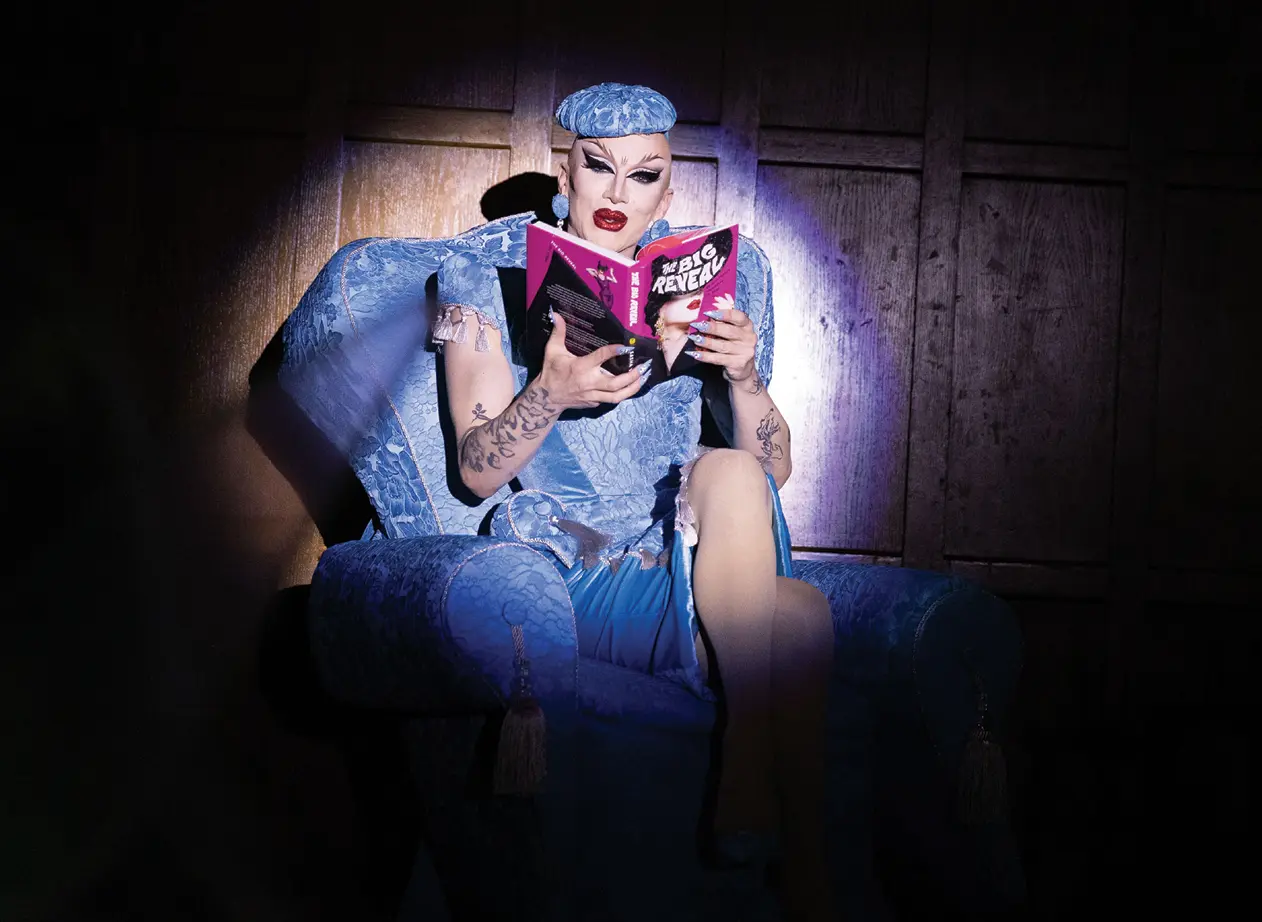Remembering Professor Anne Gittleman

Anne taught at Vassar for 33 years (1954-87). I knew her first as a formidable presence in the Department of French and Francophone Studies (previously the French Department) when I was a student and later as a wonderful colleague when I joined the faculty.
Anne and I shared an office when I started teaching in Chicago Hall. It was a tiny space for two, and we had to be careful quite literally not to step on each other’s toes. Since we often corrected papers and exams side by side, I learned by osmosis: Underline every mistake, make just a few suggestions, encourage all rewrites.
A distinguished scholar, Anne is best known for her meticulous critical edition of Garin le Loherenc. It is a model of the genre. The fact is that she embodied high standards in whatever she did: teaching, scholarship, or service to the department and College. She was also a wonderful hostess, as evidenced by the many times Barney and she opened up their home to members of the Vassar community.
We missed her after she retired. She remains with us now as an inspiration.
Professor Emerita of French and Francophone Studies
A Real “Drag”
I see “drag” as a mockery of women and of female sexual expression just as “blackface” is considered a mockery of Black people today. Yes, both are forms of artistic expression.

I posed this issue to ChatGPT: “Why are drag performances not considered in poor taste as blackface performances were?” It gave a long, detailed answer that drag is okay but blackface is not supporting today’s norms. When pushed with the message: “But many people find drag performances offensive as a mockery of women and female sexual expression,” ChatGPT agreed it’s important to respect and engage with the diversity of viewpoints on this issue. The Vassar article dismissed noncelebratory reaction to drag performance as just “backlash” rather than addressing other points of view objectively.
Incidentally, I am a registered Democrat. Unfortunately, that is an important piece of information in this discussion.
Glendale, AZ
We value your feedback on the magazine’s content. Please send letters to vq@vassar.edu.

Let your classmates know what’s new with you at anytime via online Class Notes submissions.
Your note will be forwarded to your correspondent for inclusion in an upcoming issue. To submit your note for the Vassar Quarterly, visit: